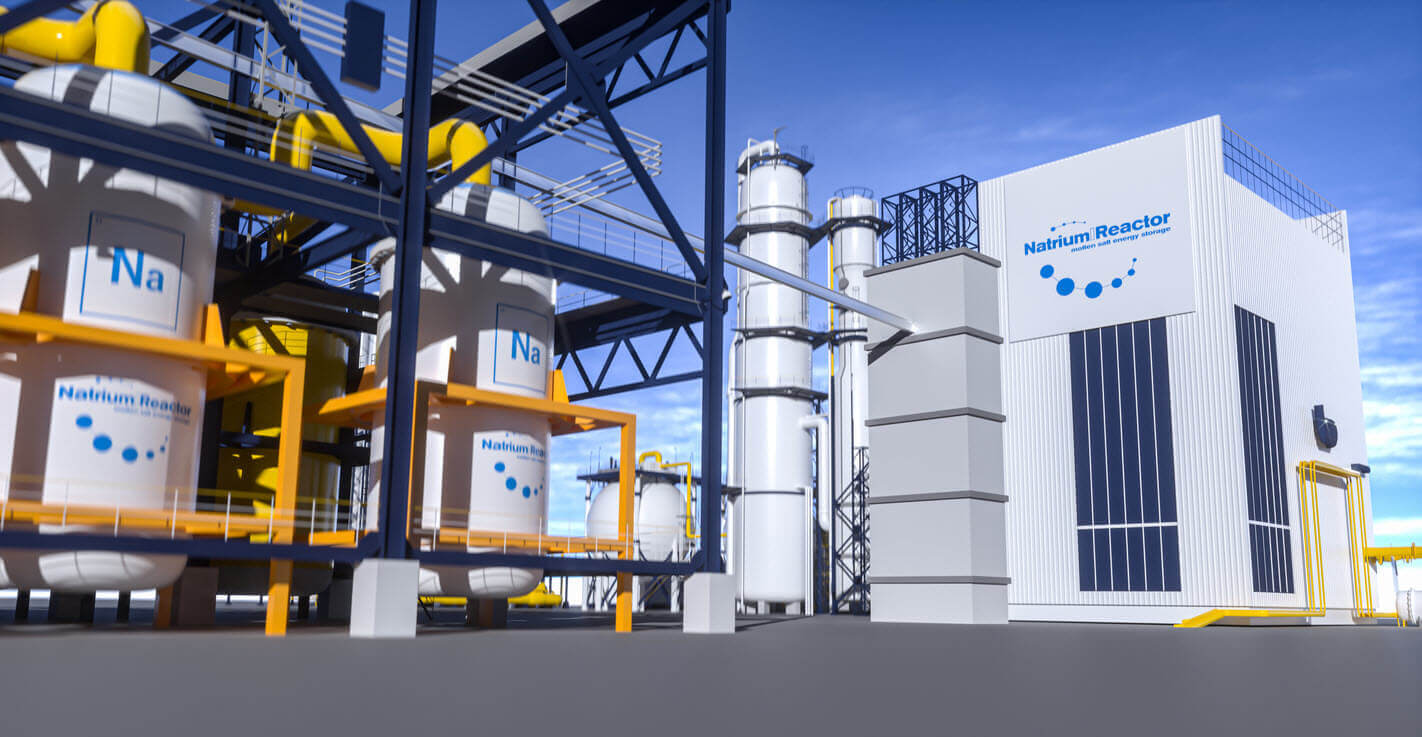West Texas’ Molten Salt Reactor Project Boosts Energy Innovation
Texas, already the nation’s top energy producer, is expanding its future energy options with a new molten salt research reactor designed to explore advanced nuclear power as a reliable and scalable resource.
The Natura MSR-1, housed at Abilene Christian University (ACU), is the first liquid salt-fueled reactor to receive a construction permit from the U.S. Nuclear Regulatory Commission. Developed in collaboration with Texas A&M, UT Austin, Georgia Tech, and private company Natura Resources, the project is part of a growing effort to explore safer, more efficient alternatives to conventional nuclear power. The research will take place in ACU’s new Dillard Science and Engineering Research Center, which is the first non-federal site in the U.S. approved for advanced nuclear demonstration.
This reactor is designed not only to expand scientific understanding, but also to support long-term energy needs—especially in high-demand regions like West Texas. It represents a blend of academic research, industry investment, and state-level support aimed at preparing Texas for the next phase of energy development.
What is the Natura MSR-1?
The Natura MSR-1 is a 1-megawatt thermal molten salt reactor housed at ACU’s Dillard Science and Engineering Research Center. It can be counted as a major milestone in that it is the first advanced reactor demonstration site located outside a national laboratory.
This system uses molten salt as both coolant and fuel carrier, significantly improving efficiency, safety, and waste reduction. Designed to operate at high temperatures and low pressure, it minimizes explosion risk and allows hardened containment if a breach occurs.
More than a research tool, it’s the prototype for future modular commercial reactors that could power oilfields, industrial campuses, and data centers while supplying clean water and medical isotopes.
Why West Texas? Strategic Location Meets Academic Firepower
For this project, West Texas offers the perfect blend of space, energy demand, and academic collaboration. Through its NEXT Lab, ACU is building a pipeline of nuclear-ready talent and positioning itself as a global center for clean energy innovation.
Texas A&M’s announcement of a 2,400-acre Energy Proving Ground in College Station adds to this momentum. There, companies like Natura and Kairos Power will deploy commercial-scale reactors—proving once again that West Texas economic development is rising fast.
Innovation Driving Workforce Development
The project has implications beyond scientific research—it supports workforce development, attracts investment, and contributes to Texas’ broader energy planning efforts. Over 60 students at Texas A&M alone have been supported through Natura-backed programs. That investment in workforce education is a direct pipeline to high-skill, high-demand careers.
Natura has partnered with the Texas Produced Water Consortium to explore using small reactors to support water treatment facilities, addressing wastewater challenges in West Texas.
With $78+ million already raised and new legislative frameworks in motion to fund nuclear development, Texas is creating a model that blends private investment, public partnership, and academic ingenuity.
Enhancing Texas’ Diverse Energy Mix
Texas already leads the U.S. in wind-powered generation, natural gas production, and electricity output. The molten salt reactor project fits perfectly into this diverse energy mix, providing clean, dispatchable power to meet growing demands from industrial, tech, and digital sectors.
From crypto mining to hydrogen infrastructure, advanced nuclear offers the scalable, sustainable backbone to support grid stability and resilience—without relying on imported fuels or legacy infrastructure.
This kind of innovation adds to the strength and adaptability of the energy sector in Texas as it evolves to meet future demands.
Why This Matters for Texas Businesses
For businesses, access to reliable and affordable energy is increasingly important—especially for those working to reduce emissions or maintain consistent operations during extreme weather. Texas infrastructure, including its ports, pipelines, freight systems, and broadband networks, supports a wide range of industries. These assets, combined with a large workforce and established energy expertise, make the state a practical location for both emerging and established companies.
Whether you’re moving business operations, scaling up, or starting from the ground up, the Lone Star State provides the conditions for lasting success. Explore why Texas is best for business.




